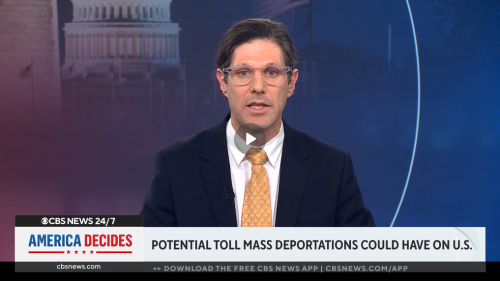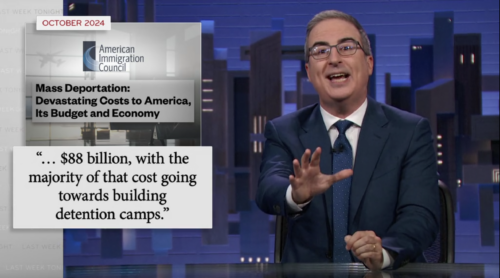Examiner.com
May 26, 2012
The Partnership for a New American Economy released this week an eye-opening comparative report on how countries around the world uniquely employ immigration and immigration policy to boost their economies. The report, “Not Coming to America: Why the U.S. is Falling Behind in the Global Race for Talent” reveals how countries like Australia, Canada and Germany productively grant visas to skilled workers needed by their economies. According to the report, South Korea reserves the largest percentage of its visas to fulfill national economic need (81 percent), followed by Switzerland (80 percent), Spain (79 percent), Italy (65 percent) and Germany (59 percent). In the United States, just 7 percent of all visas are issued based on economic need.
The Partnership for a New American Economy study also points to the fact that the U.S. is falling behind globally in the number of college students graduating with degrees in science, technology, engineering and math degrees. For example, in Singapore and China, nearly a third of all undergraduates study engineering, whereas in the U.S. only 4.4. percent do so. In addition, countries with relatively small populations like Singapore and Canada have managed to become leaders in the global STEM industries only by adapting their immigration policies to attract the skilled workers their economies need.
Click here to read the full story.



